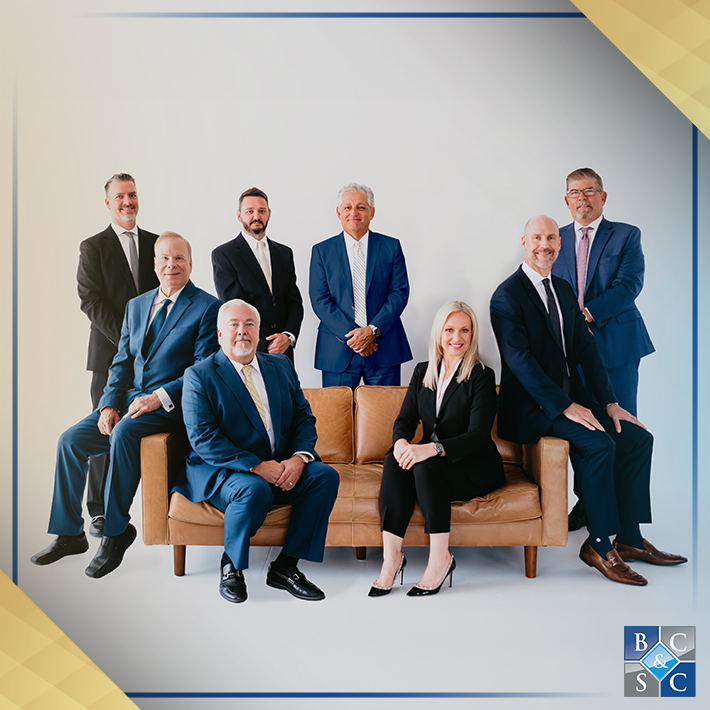Mechanical Problems Contributing to Car Accidents
Cars and other types of vehicles are made up of parts and components that enable drivers to operate them safely and effectively on the road. When an important component or system fails, a driver can lose control of the vehicle, causing crashes. A NHTSA study published in 2015 confirms that various types of mechanical issues were the critical causes for approximately 44,000 vehicular crashes in the period between 2005 and 2007.
Types of Critical Mechanical Problems
Various equipment parts can affect the safety performance of a vehicle. When problems in these parts and systems occur, a vehicle may be unsafe to operate, exposing drivers and motorists to risks of serious injury.
The most common vehicular issues to look out for:
- Sudden breakdown of steering components that can cause partial or complete loss of vehicles
- Fuel system issues that cause fuel leakage, making the vehicle susceptible to fires in a crash
- Defective accelerators that break or stick
- Wheel breaking or cracking that can lead to loss of vehicle control
- Seats and/or seat backs that unexpectedly fail during normal use
- Wiring system issues that lead to fire or loss of lighting
- Defective air bags
- Defective seat belts
- Tire blowouts
- Other vehicle parts that break, fall apart, or separate, causing loss of vehicle control
Auto Recalls Due to Safety Issues
In response to growing mechanical issues causing car crashes in the U.S., federal laws were enacted requiring manufacturers to recall vehicles that have safety-related defects or fail to meet established safety standards.
Over the years, an overwhelming number of motor vehicles, including cars, trucks, buses, and motorcycles, along with motor vehicle parts and components, have been recalled due to safety issues. When a particular recalled model is involved in a car crash, a thorough investigation should cover the subject of the recall along with other critical factors linked to the wreck.
Who Is Responsible for Mechanical Failures Causing Car Crashes?
Immediately after a car collision, a personal injury attorney can examine all angles of the incident to determine all the factors that may have caused the collision.
Depending on the cause of the crash, an injured party may be able to pursue a claim for compensation against:
- The manufacturer who produced the car part of system that failed due to a manufacturing defect or design problem
- The vehicle owner or driver who failed to maintain the vehicle parts in good condition
- The mechanic or repair facility that failed to remedy the mechanical problem that arose after the owner purchased the vehicle from the manufacturer
Tips for Preventing Car Crashes Due to Mechanical Failure
While road crashes are unfortunate, many of these incidents can be prevented with regular maintenance and safety checks.
Here are some mechanical safety reminders that can help reduce vehicular collisions:
- Check tires for inflation pressure and possible wear and tear. Ensure tires have the recommended pressure and replace tires when worn out
- Pay attention to brakes when they are noisy, feel soft and spongy when applied or when the red brake warning light comes on when they are applied
- Have your vehicle checked when the ABS warning light remains on all the time or when the brakes are applied
- Pay attention to steering that feels loose or when steering wanders to one side while driving straight
What to Do After a Car Crash
Car crashes involving mechanical failure are often complicated and the cause or causes may be determined after a thorough examination of the vehicles and crash site.
If you were severely injured in a collision involving a vehicle with a manufacturing defect or mechanical failure, the first thing to do after getting your injuries treated is to contact an experienced personal injury attorney who can sort all the issues and help you recover damages from the responsible party.
A product recall involving a component or system of a vehicle that is involved in an accident may indicate problems in manufacturing and design defects. Car maintenance and repair records as well can reveal mechanical issues affecting the vehicle and whether these were addressed adequately before the incident.
But for a compensation claim to prosper, it is often necessary to introduce expert testimony that effectively establishes the existence of a mechanical failure and its connection to the crash and injuries of the claiming party.
At Bertoldo Carter Smith & Cullen, our Las Vegas personal injury attorneys have years of solid experience in recovering compensation for clients injured in crashes involving vehicular equipment failure and defects. Our firm works closely with equipment and crash experts who can provide testimony to support personal injury cases.
In Las Vegas and other parts of Nevada, our car accident lawyers are prepared to fight for your right to receive compensation that you legally deserve.



